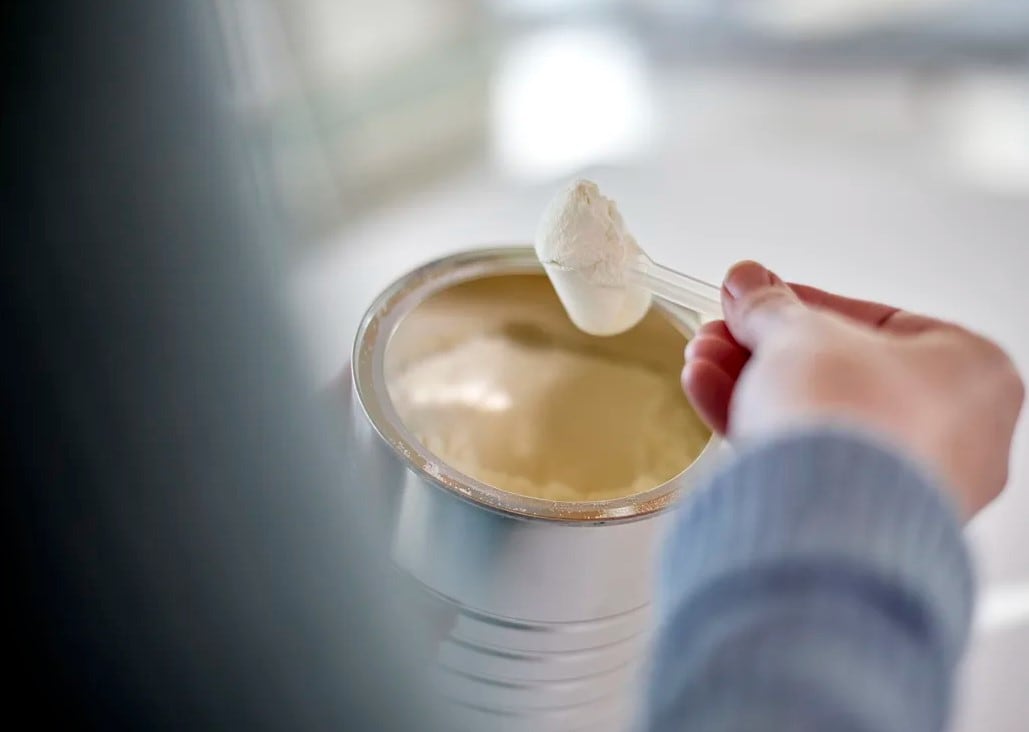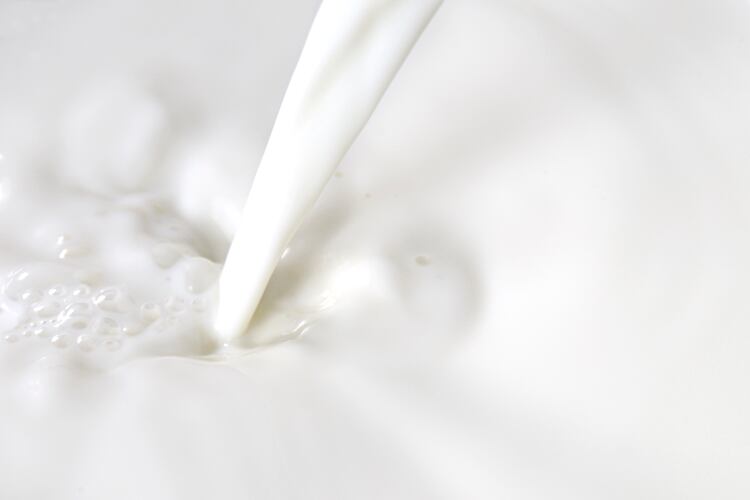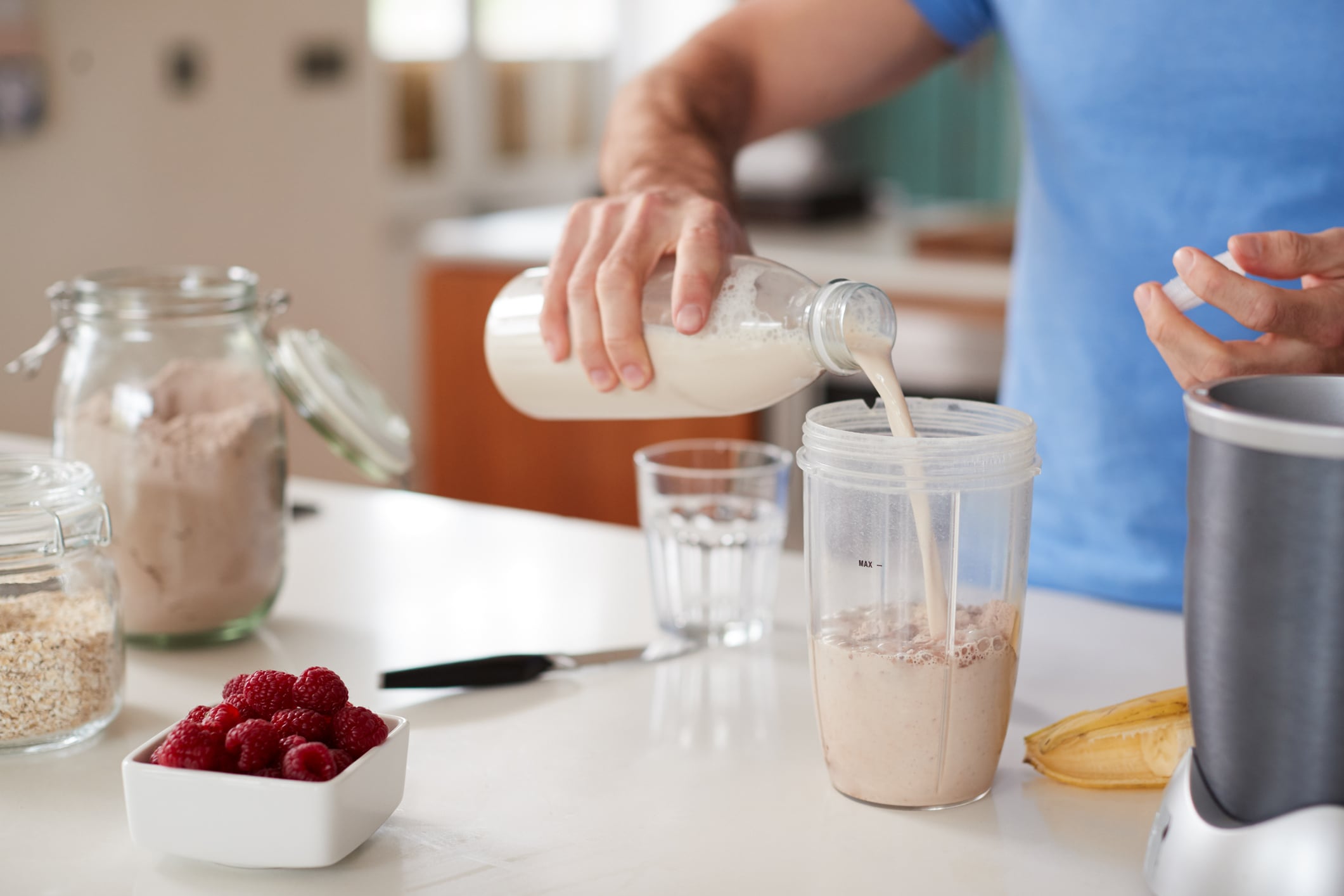Arla Foods Ingredients has developed a patented fractionation technology that bypasses the cheese production process. Branded ORIGIN by Arla Foods Ingredients, the patented ‘milk to can’ technology allows infant formula to be created directly from organic milk rather than having to rely on whey.
“Until now, our early life nutrition portfolio has - to a large extent - relied on whey, which, of course, is a by-product of cheesemaking. By taking our ‘milk to can’ approach and eliminating the use of whey, we have been able to produce infant formula based on organic milk. This process involves significantly reduced processing steps by creating organic infant formula directly from milk instead of relying on the production of organic cheese first,” Henrik Andersen. CEO of Arla Foods Ingredients, told Nutraingredients.
15% of infant formula launches tracked by Innova Market Insights in the last three years have featured organic claims.
According to Euromonitor figures, global retail sales of organic infant formula are expected to grow by 10% (CAGR) in value terms over the next five years.
The main driver is that parents and carers are rebuffing chemically synthesized products in favour of nutrition that is free from chemicals, artificial ingredients and additives.
Organic growth curve curtailed by shortages
However, according to Arla, with demand for organic whey and lactose rapidly outpacing supply, insufficient availability of infant grade organic raw materials has - to date - threatened to hold back growth.
“The issue to date has been a shortage of organic whey protein and lactose, precisely because supply of these ingredients has been dependent on the size of - and demand within - the organic cheese market,” said Andersen.
“The organic infant formula market is seeing huge growth globally, but manufacturers have had to rely on the supply of the by-product of organic cheesemaking, which has restricted their ability to produce enough organic infant formula to meet growing consumer demand,” he added.
The ORIGIN process enables manufacturers in the early life nutrition sectors to bypass whey protein shortages by drawing directly from milk produced on Arla’s organic farms - the largest organic milk pool in the world according to Danish Agriculture and Food Council data.
“Traditional cheesemaking demands significant quantities of organic raw milk to produce the volumes of whey needed to meet demand. Now that we’re not reliant on this, we can significantly increase production.
“At the same time, we can offer parents and guardians greater clarity on the provenance of the organic infant milk formula because just a few Arla farms supply the milk to our factory in Videbaek,” said Andersen.
ORIGIN by Arla Foods Ingredients
Infant formula starts with organic milk, which is then separated via fractionation into milk’s different components: milk protein concentrate, whey protein, lactose, milk fat and casein. The first three of these ingredients are blended with oils, minerals and vitamins to create a complete organic infant formula.
The formulas will be produced at Arla Foods Ingredients’ Arinco plant in Videbaek, Denmark. Private label options will be available both as finished formulas and base powders. In terms of certification, organic infant formula produced at Arinco already has EU and Chinese organic approvals.
Arla Foods Ingredients launched its first organic ingredient, MicelPure, in August 2020. The launch of the organic micellar casein isolate marked the start of the company’s long-term strategy of filling the gap in the market for natural, organic protein ingredients.
Andersen confirmed the importance of infant formula within this strategy, saying: “As a business we believe organic infant formula is an important growth market and it will be one of our key focus markets for the future.”




